Renee Klahr
Stories
-
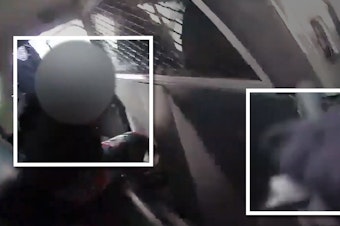
National
What Went Wrong: Analysis Of Police Handcuffing, Pepper Spraying 9-Year-Old Girl
Experts review Rochester, N.Y., police body camera video of a recent encounter of white officers with a Black girl in distress. She was handcuffed and pepper-sprayed in a squad car.
-
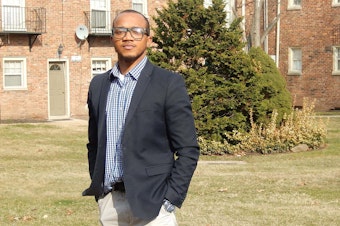
Politics
Rap on Trial: How An Aspiring Musician's Words Led To Prison Time
In the past few weeks, the nation has been gripped by protests against police brutality toward black and brown Americans. The enormous number of demonstrators may be new, but the biases they're protesting are not. In 2017, we looked at research on an alleged form of bias in the justice system. This week, we revisit that story, and explore how public perceptions of rap music may have played a role in the prosecution of a man named Olutosin Oduwole.
-
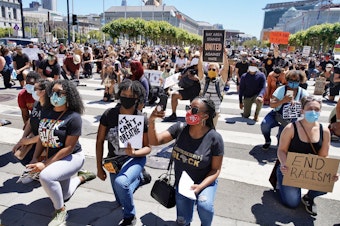
Race & Identity
The Air We Breathe: Implicit Bias And Police Shootings
President Trump said this week that a few "bad apples" were to blame for police killings of black people. But research suggests that something more complicated is at play — a force that affects everyone in the culture, not just police officers. In this bonus episode, we revisit our 2017 look at implicit bias and how a culture of racism can infect us all.
-
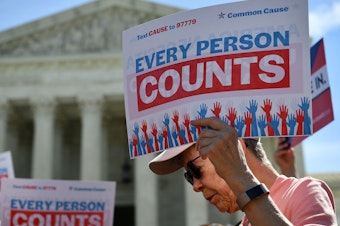
Politics
Timeline: The Census Citizenship Question's Unusual Journey To The Supreme Court
A trail of internal emails, memos and other court filings show how the Trump administration pushed to get a citizenship question on the 2020 census despite warnings of how it may undermine the count.
-

Science
Don't Panic: Stories Of Coping Amidst Chaos
Chaos is a part of all of our lives. Sometimes we try to control it. And other times, we just have to live with it. On this week's Hidden Brain, we bring you two of our favorite stories about coping with chaos. They come from our 2016 episodes "Panic in the Streets" and "Embrace the Chaos."
-
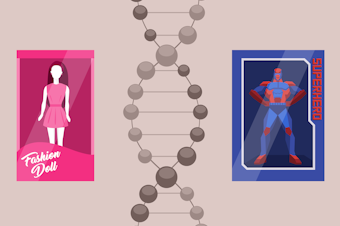
Science
Nature, Nurture, And Our Evolving Debates About Gender
Gender is one of the first things we notice about the people around us. But where do our ideas about gender come from? Can gender differences be explained by genes and chromosomes, or are they the result of upbringing, culture and the environment? In this encore episode from October 2017, we delve into debates over nature vs. nurture, and meet the first person in the United States to officially reject the labels of both male and female, and be recognized as "non-binary."